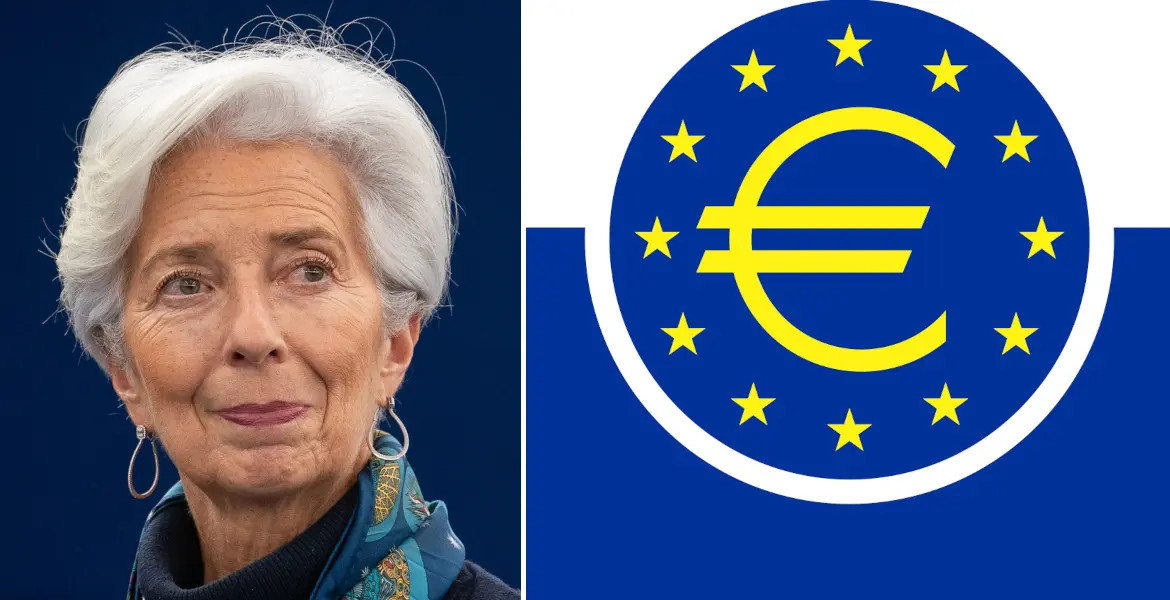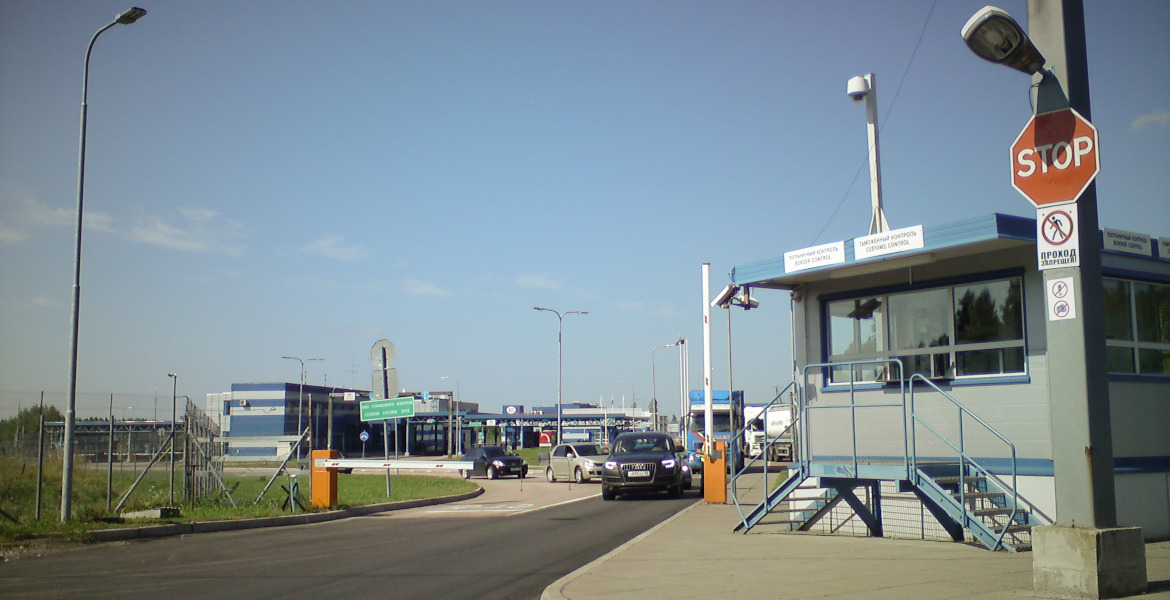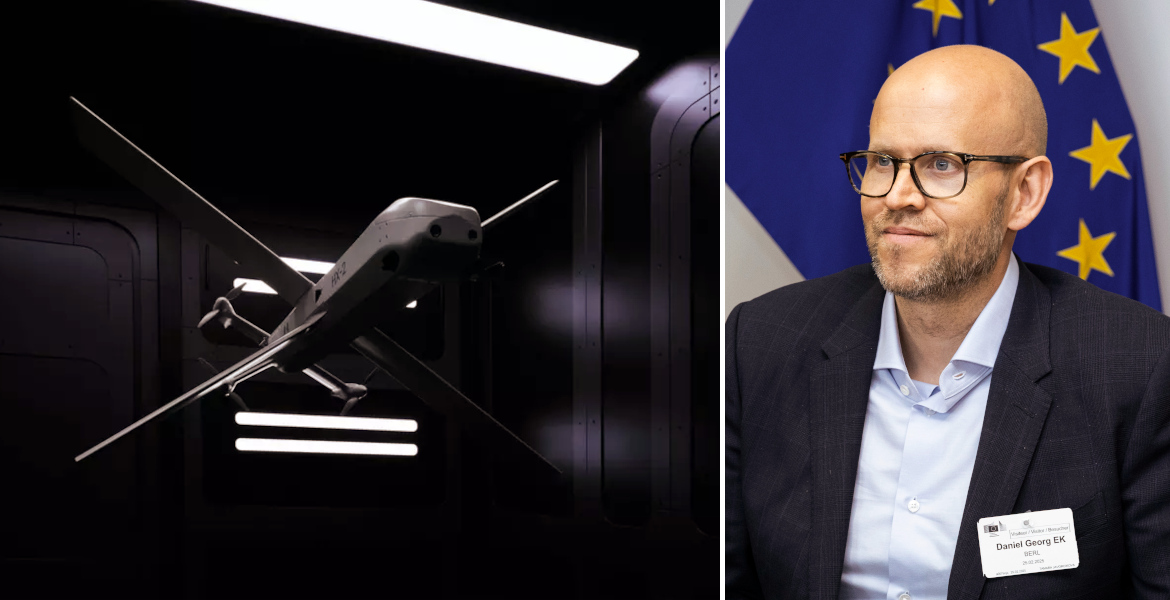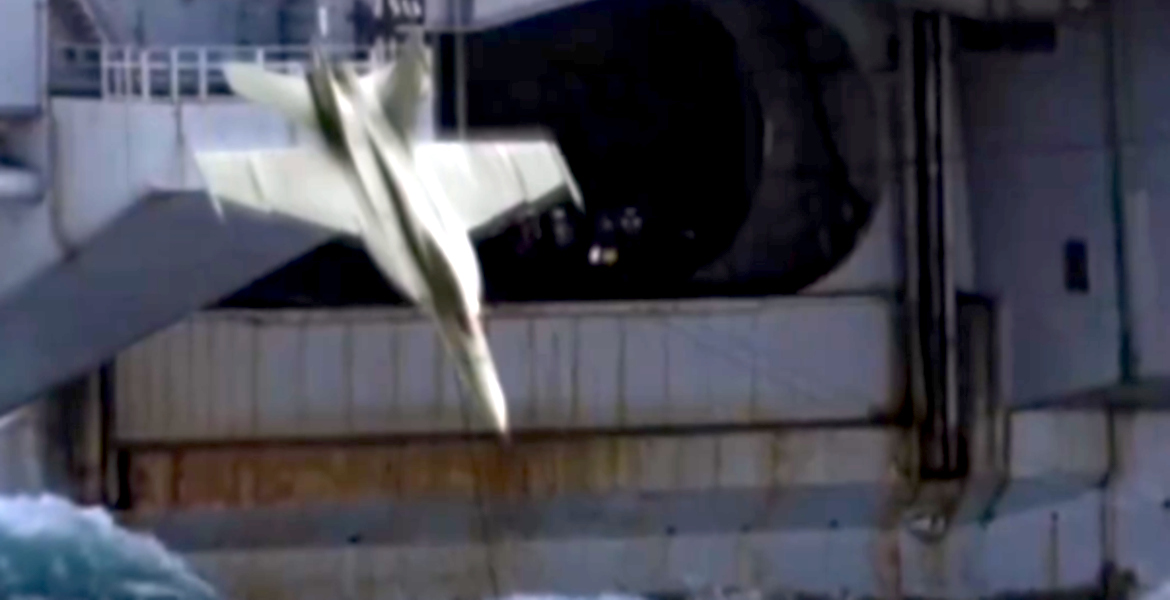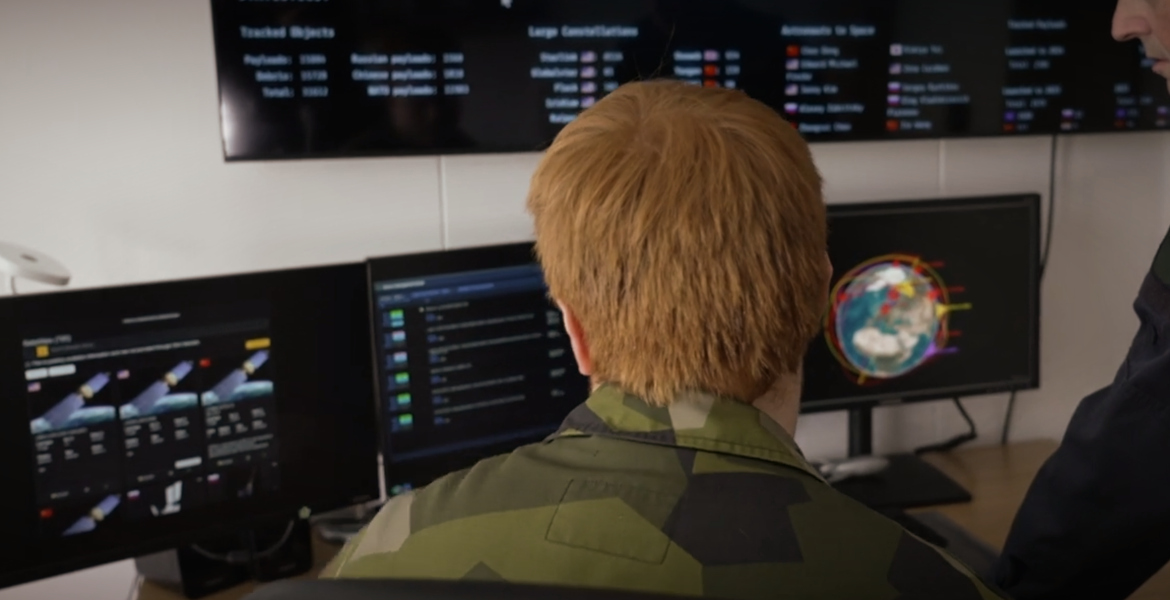When European Central Bank President Christine Lagarde thinks she is talking to Ukrainian President Volodymyr Zelenskyj, she talks openly about how European price inflation is expected to keep rising, about plans to introduce a digital euro, that sanctions against Russia have not had the desired effect and that the EU will do "everything in its power" to help Ukraine win the war against Russia.
She also finds time to praise the leadership of the Russian central bank, explaining how it has made it increasingly difficult for EU citizens to trade in cash, and expresses concern that private players such as Google, Meta and Amazon will create currencies that will displace the euro.
Russian comedians Vovan and Lexus have made a name for themselves by prank-calling government officials, often pretending to be real influential people of various kinds. Past pranks include Turkish President Recep Tayyip Erdogan, Republican politician John McCain, Britain's Prince Harry and Polish President Andrzej Duda.
This time they pretend to be Ukrainian President Volodymyr Zelenskyj while phoning Christine Lagarde – former Director of the International Monetary Fund (IMF) and now President of the European Central Bank (ECB).
The "fake" Zelenskyj says he is worried about the economic situation in Europe and the ECB chief admits that the situation is undeniably dark.
– We are seeing prices that have initially gone up only in the area of energy and then gradually through fertilizers, in particular, to food, and now on a much broader basis. So the inflation that we had hoped would be transitory has continued much longer than thought and at a much higher level than expected.
That's why, says Lagarde, all central banks and the ECB have started raising the interest rate, which until recently was negative but now stands at around 2% by default.
– We have growth that is low, we have prices that are too high that we have to bring down.
🧵 Mind blowing Lagarde prank 🧵
The head of the European Central Bank Christine @Lagarde has been pranked by Russian trolls and revealed astonishing information. Failing sanctions, massive inflation, CBDC e-Euro plans and prevention of foreign crypto currencies in the EU.
— Kim Dotcom (@KimDotcom) March 21, 2023
Praises chairwoman of Russia's central bank
Ms Lagarde goes on to praise Elvira Nabiullina, the head of the Russian Central Bank, saying she "very quickly understood what the situation was" and that her raising the interest rates prevented shocking Russian inflation and encouraged investors to keep their money in Russia.
– She did a magnificent job, I have no hesitation to say that.
However, Lagarde says that the West's sanctions against Russia are "biting" – but not as much as previously expected.
– They still manage to sell a lot of their energy, whether it is oil or it is gas, to other countries than those countries that apply the sanctions, and certainly outside of the European Union, she continues, identifying India and China as two important trading partners for Russia.
Mr Lagarde also welcomed the expansion of sanctions against Russia and said that the upcoming G20 meeting could be a good opportunity to remind non-Western leaders of their "duty to promote stability and peace".
Inflation of seven per cent - or more
The ECB President further notes that the European countries closest to Russia geographically are also the ones most affected by the economic crisis - partly because of the threat to geopolitical stability, but also because they have a history of close trade cooperation with Russia.
As for price inflation in the Eurozone, Lagarde points out that official forecasts suggest it will be around seven per cent in 2023 – and possibly even higher.
– What I do know is that interest rates will inevitably continue to rise, she points out, but cannot say by how much.
– The only thing I can tell you is that it needs to go higher than where we are at the moment, because otherwise we will not manage to tame inflation.
Christine Lagarde further declares that in a way she sees it as "irrelevant" who wins and loses from the economic crisis – as long as Ukraine wins the war against Russia.
– I take the very simple view that those who have the biggest gun at the end of the day win. This is a very stupid basic wild-west cowboy principle. It is the case at the moment that the biggest military power in the world is the United States. So the United States is supplying the biggest shipments of weapons, is providing a very large amount of funding. And that's the reality that we deal with.
– It's you who have to win, and we have to make every effort we can to support you.
Explains how they have made the use of cash more difficult.
The former IMF chief also talks about plans to introduce a digital euro (CBDC), arguing that it would make Europe less dependent on the currencies of "hostile countries", pointing in particular to Russia and China as countries to distance the EU from. She also expresses concern about private actors launching their own e-currencies, thereby reducing the EU's economic control.
– I don't want Meta, Google or Amazon to suddenly come up with a currency that will take over the sovereingty of Europe. I don't want a foreign currency to become the currency of trading within Europe. So we have to be ready.
Lagarde also explains how it has become more difficult for EU citizens to pay large sums in cash and says that the new system she envisages will have a "limited amount of control", possibly opening the door to smaller purchases and transfers not being controlled and tracked by the central government.
– But that could be dangerous. The terrorist attacks on France back 10 years ago were entirely financed by those very small anonymous credit cards that you can recharge in total anonymity, she continues.
